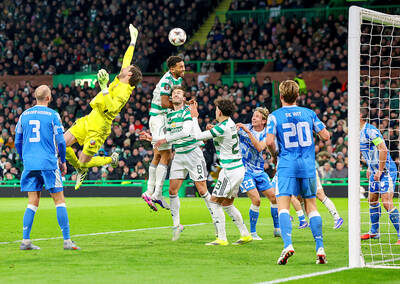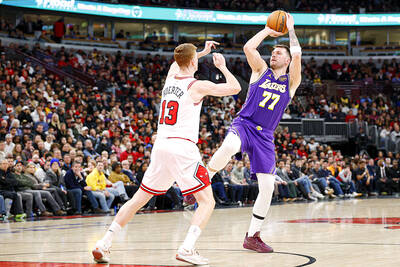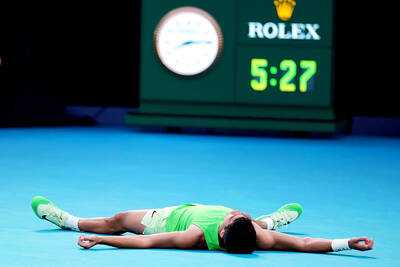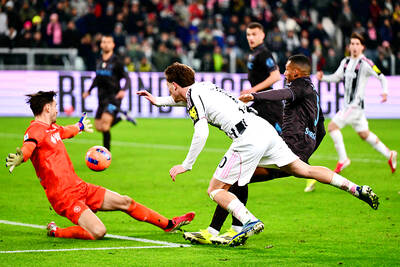Former Italy soccer coach Enzo Bearzot, who has died aged 83, revitalized the national side. He imposed a far more flexible, adventurous style of play and led the team to victory at the World Cup in Spain in 1982.
The Italians made a dreary start in the tournament, drawing all three group qualifying games, against Poland, Peru and Cameroon, and scoring only twice. Back in Italy, there was vicious criticism of the team’s performance.
At a coaches’ convention, a young manager, Eugenio Fascetti, a protege of Italo Allodi, said Bearzot’s team had disgraced Italian soccer.
“How can I function with a Brutus at my back?” complained Bearzot, provoking Allodi’s reply: “If I’m Brutus, he must think he is Julius Caesar.”
In the next round, Italy took wing. Paolo Rossi, who had only just come back to play after a suspension for match-fixing, found his form and scored a hat-trick against Brazil, who were favorites. In the semi-finals, Italy had no trouble against Poland, winning 2-0. Against West Germany in the final, they were far and away the more impressive side, even though injury had kept the chief playmaker Giancarlo Antognoni in the stands. Italy won 3-1, securing their first World Cup since 1938.
Bearzot was born in Aiello del Friuli, northeast Italy. His father was a bank manager and not remotely interested in soccer. The club Pro Gorizia asked Bearzot to play a couple of games in Tuscany, which meant he missed his exams and the prospect of university. His father was appalled, but later realized, according to Bearzot, that “even if I hadn’t finished my studies, they had been good for something. I had realized my dreams.”
Tall, dark and strongly built, Bearzot was a solid winghalf, although when he joined Inter in 1948, he was an attacking centerhalf of the old school. He became, briefly, an inside-forward, before dropping back to righthalf. He played for Catania, in Sicily, from 1951 to 1954, helping the team win promotion to Serie A.
“They treated me like a god,” he said. “At the end of the last year it was a terrible strain to leave because I was so happy there. There were even threats from the fans. They said it was a betrayal to go.”
He went north again to Torino in 1954. At the time they were a struggling club, still recovering from the Superga air crash of 1949 when virtually their entire squad was killed. A season spent back at Inter was less happy, so he returned to Torino for seven more years.
He sometimes paid the players out of his own pocket when funds were short. In 1964, he was put in charge of Torino’s reserve team — his career as a coach was under way. He passed the national coaching exams with flying colors, but fell out with Torino’s manager, Edmondo Fabbri, when they disagreed over a player. He then briefly managed Prato.
After Italy’s failure at the 1974 World Cup, he was appointed joint team manager of the national side, with the elderly Fulvio Bernardini. There was much sniping, based on the fact that Bearzot had never managed a major club. After a somewhat uneasy and difficult partnership, he took over entirely.
Inspired by the glorious “total football” of the Dutch at the 1974 World Cup, he worked hard to wean the Italy team away from catenaccio (highly organized defense). It wasn’t easy, but bit by bit he succeeded.
At the 1978 World Cup in Argentina, his gamble in picking the brilliant young Rossi up front was amply repaid. Italy beat France, Hungary and Argentina in their first matches, but failed to make the final. They lost the match for third place to Brazil.
Italy were returning champions at the 1986 World Cup finals in Mexico, but by then both Bearzot and his team were showing signs of wear and tear. Italy got through their qualifying group, but when it came to the next round, against France, Bearzot for once appeared to lose his nerve.
Knowing that France pivoted around their brilliant midfield general, Michel Platini, Bearzot chose a defensive player, Giuseppe Baresi, to man-mark Platini, at the expense of a more creative figure. The plan failed — Italy lost 2-0 and Bearzot was replaced by Azeglio Vicini, but he had coached Italy for 104 matches and lasted in the job longer than anyone since the legendary Vittorio Pozzo, between the wars.
Bearzot’s wife, Luisa, and his son Glauco and daughter Cinzia survive him.

Nottingham Forest FC are to go into the Europa League play-off round after a 4-0 win over Ferencvaros TC on Thursday, while Celtic FC secured their place in the knockout phase with a victory over FC Utrecht. Aston Villa FC finished second in the league phase after recovering from two goals down to beat FC Red Bull Salzburg 3-2 with their spot in the last 16 already assured. Forest stood an outside chance of climbing into the top eight going into the final round of matches, but needed to beat Robbie Keane’s Ferencvaros and rely on other results going their way. Sean Dyche’s

Luka Doncic on Monday produced a 46-point masterpiece as the Los Angeles Lakers snapped the Chicago Bulls’ four-game winning streak with a 129-118 victory on the road. Doncic rattled in eight three-pointers on 15-of-25 shooting from the field, finishing with seven rebounds and 11 assists to lead an impressive Lakers effort at the United Center. LeBron James chipped in with 24 points, five rebounds and three assists, while Rui Hachimura delivered an eye-catching cameo off the bench with 23 points from nine-of-11 shooting. The win was another encouraging result for the Lakers after a 116-110 defeat of the Dallas Mavericks on Saturday. “We did

BATTERED AND BRUISED: Alcaraz suffered a cramp in the third set, but was allowed treatment despite Zverev’s protests, and continued on to win in five-and-a-half hours An ailing Carlos Alcaraz battled past Alexander Zverev yesterday in five epic sets to reach his first Australian Open final and move within a match of becoming the youngest man to complete a career Grand Slam. The world No. 1 outlasted the German third seed 6-4, 7-6 (7/5), 6-7 (3/7), 6-7 (4/7), 7-5 over a titanic 5 hours, 27 minutes in hot conditions to head to tomorrow’s title match. He only narrowly avoided crashing out after a huge fright at 4-4 in the third set when he pulled up in pain with what appeared to be cramp. He was allowed to have treatment

Juventus on Sunday dealt a huge blow to SSC Napoli’s Serie A title defense with a 3-0 win in Turin which left the reigning champions nine points behind league leaders Inter, who are pulling away from the chasing pack. Jonathan David, Kenan Yildiz and Filip Kostic netted in Turin as Juve, a revitalized team under Luciano Spalletti, moved into fourth with a statement win. Juve are fifth and one point behind both Napoli and AS Roma, who lifted themselves into third with a 1-1 draw with second-placed AC Milan in Rome. “We played really well and had fun ... today we were great,”